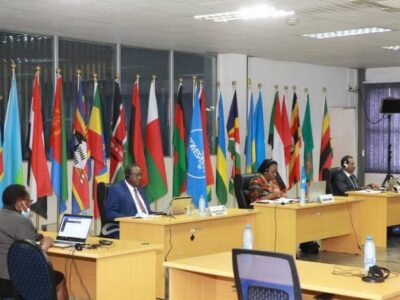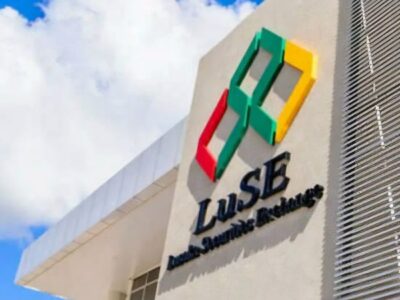The Zambian government owes the manufacturing sector K19 billion in Value Added Tax (VAT) refunds accumulated over the past three years, according to the Zambia Association of Manufacturers (ZAM).
ZAM president, Ashu Sagar, reported that out of the K19 billion, the Zambian government was only paying K1.3 billion per month while new VAT refund claims continue to accumulate.
He made these remarks during a post-budget meeting at Raddison Blu Hotel in Lusaka on Tuesday, supported by the USAID Revenue for Growth Project and the Ministry of Finance and National Planning.
The meeting, themed “Building a Resilient Manufacturing Sector Amidst the Drought,” focused on the budget’s impact on manufacturing, policy recommendations and the future of industrialization.
“What we are saying is, from the ones that have been audited, it is about K19 billion and they are paying about K1.3 billion every month, so that thing is growing,” he said.
Sagar indicated the urgency of addressing the debt, which reflected audited amounts from the last three years.
“They are paying about K1.3 billion every month, but new refunds are coming in each month, causing the total to grow. We need lasting solutions, such as government bonds for the audited amounts, because businesses cannot wait three years for their money,” he stated.
Sagar proposed several measures, including a VAT deferment for machinery, which he argued would not result in revenue loss for the government.
He also highlighted that the processing time for VAT refunds has risen to 845 days in 2023, far exceeding the Zambia Revenue Authority’s target of 30 days.
“This is a major concern for the Zambian manufacturing sector. VAT refunds should be processed independently from the budget and based on risk,” he suggested.

Read More: 2025 national budget proposes K31.5 billion for education, recruitment of 2000 teachers
To further support the sector, he recommended increasing the period for presenting export documentation proof from three to six months and accepting bills as proof of export to facilitate e-commerce.
Sagar urged the government to implement cost-reflective electricity tariffs while ensuring affordability for consumers, while also advocating a diversified energy mix to reduce reliance on hydropower.
Additionally, he suggested that taxes on spirits be based on alcohol content rather than selling price, noting that the current system inflates product prices.
Acting Permanent Secretary for Budget and Economic Affairs, Prudence Kaoma, officiating at the event, acknowledged the need for some incentives requested by ZAM, including reductions in excise duties and customs duties on raw materials and machinery.
However, she emphasized that the 2025 budget was focused on revenue mobilization for fiscal sustainability while ensuring a conducive tax environment for private sector growth.
WARNING! All rights reserved. This material, and other digital content on this website, may not be reproduced, published, broadcast, rewritten or redistributed in whole or in part without prior express permission from ZAMBIA MONITOR.












Comments